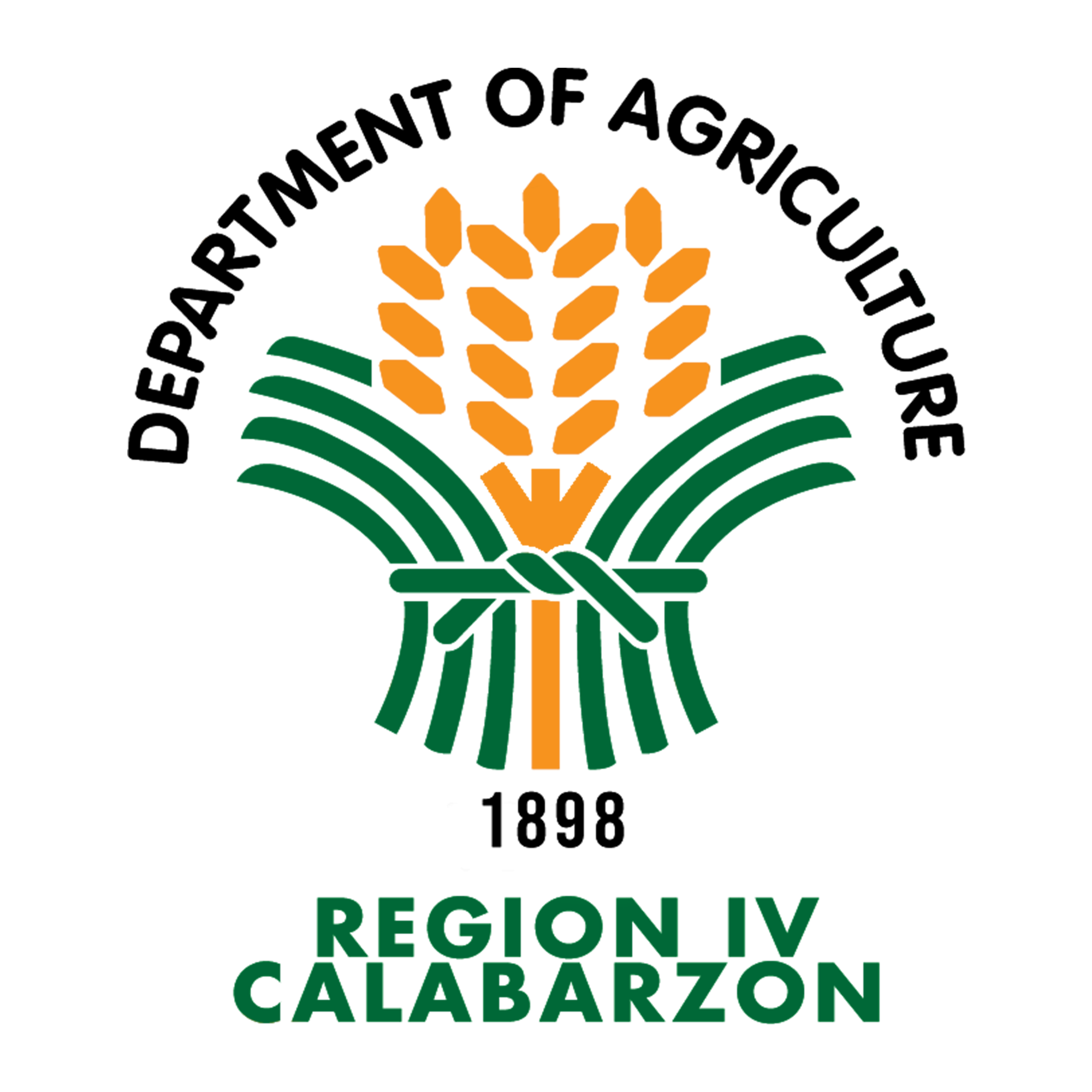“Food safety is everybody’s responsibility.”
This was the key message of the two-day seminar on product standards and trade promotions for some 20 agri-entrepreneurs in the region conducted by the Department of Agriculture (DA) Region IV-CALABARZON through its Agribusiness and Marketing Assistance Division (AMAD) on July 30 – 31, 2019 at Sta. Rosa City, Laguna.
Contamination of food from production to consumption could occur at any point. Improper food preparation, mishandling, and storage can trigger many food-borne illnesses. In view of the fact that producers, processors and sellers are primarily responsible in the food supply chain, the DA calls for higher concerted efforts with them to reduce and prevent risks to food safety.
“The government always endeavors to help you [agribusinesses] have a competitive advantage. Adopting international standards is one important way to provide you with a solid policy base in terms of the quality and safety of your products. And so, to help you gain access to the global food market,” Ms. Editha M. Salvosa, AMAD Chief, emphasized while explaining the objectives of the activity.
Engr. Menandro B. Ortego, a freelance food safety, quality, packaging, and labeling requirements consultant, discussed the nitty-gritty of market/regulatory quality and safety requirements.
He presented the all-important advantage in the extremely competitive food industry by properly applying Hazard Analysis and Critical Control Point (HACCP), an internationally known and approved system that guarantees the safety of food products. He taught them how to define and evaluate where risks may happen in the food production cycle and be able to put in place suitable preventive control measures.
“HACCP is essential because it prioritizes and regulates prospective food production risks. By managing significant food hazards, such as microbiological, chemical, and physical contaminants, you [participants] can better guarantee customers that your products are safe and good. By reducing food-borne hazards, public health protection is strengthened,” Engr. Ortego stressed.
Lectures on basic export procedures, pricing, and promotion were also done by other experts from the Department of Trade and Industry. Conquering more markets and delivering more competitive product offerings to the rest of the world were the highlights.
Most of these agribusinesses with products like insulin plant and key lime juices; cacao wine; ground coffee; ginger tea; ready-to-drink (RTD) fruit juice and concentrates; bottled tawilis, tulingan, and pickled ampalaya; and salted eggs are certified with Good Manufacturing Practices (GMP), and were able to obtain their own License to Operate (LTO) and Certificate of Product Registration (CPR) from the Food and Drug Administration through other seminars and trainings conducted by the DA CALABARZON AMAD. ● ARC, DA-RAFIS






 All content is in the public domain unless otherwise stated.
All content is in the public domain unless otherwise stated.